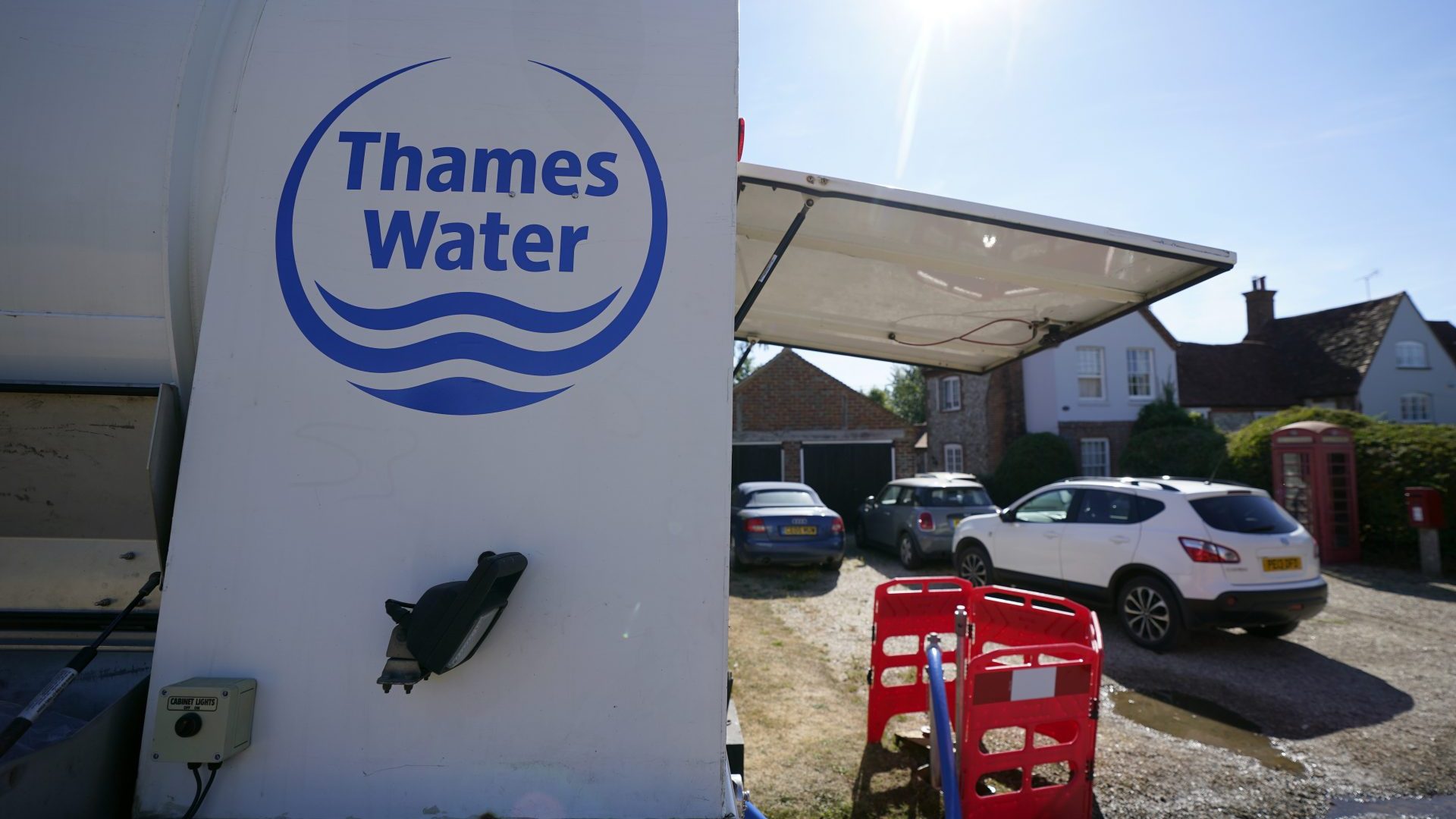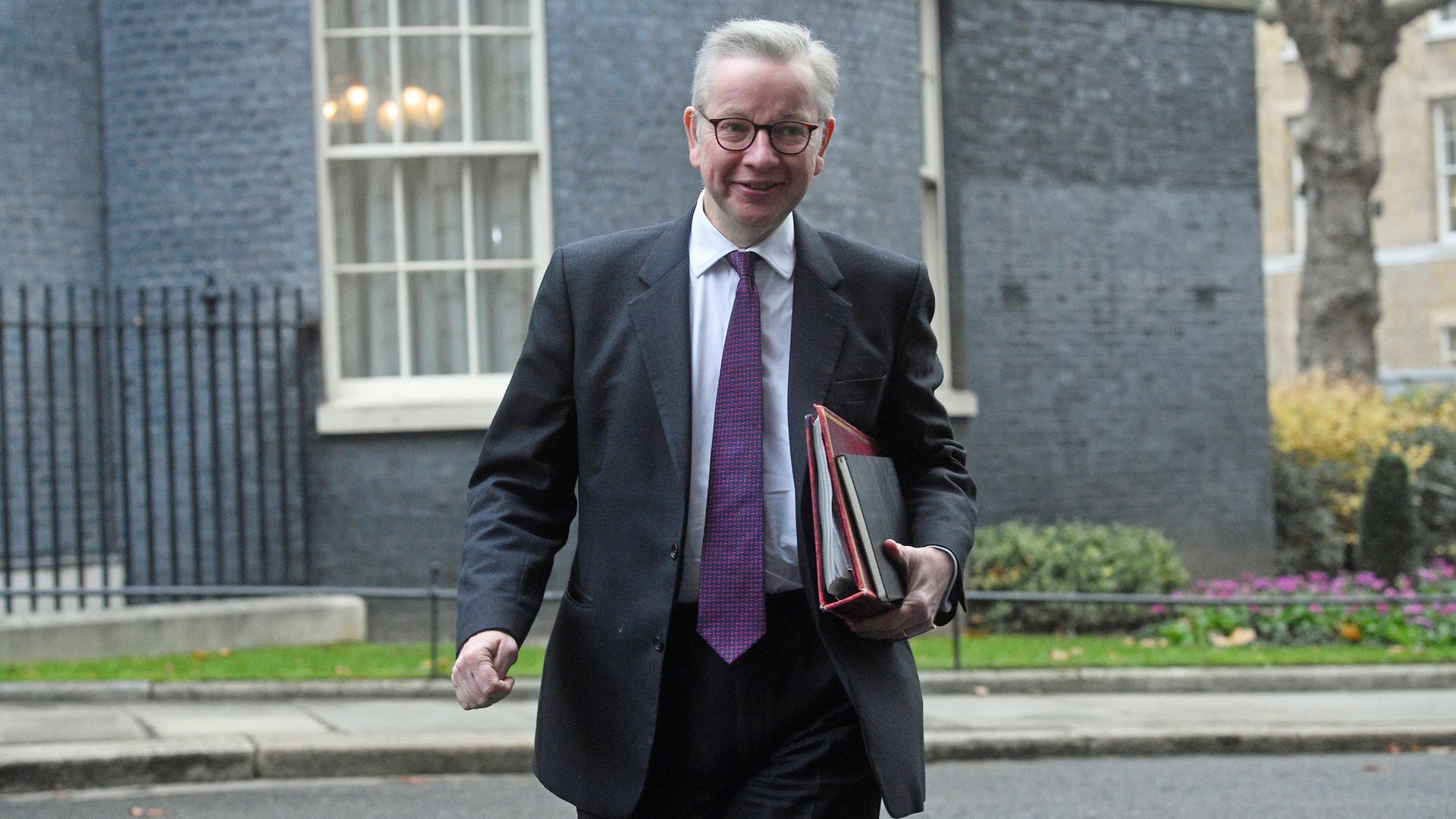Although the bosses of the 22 major water companies have shown themselves remarkably adept at awarding themselves bonuses – they paid themselves £24.8m, including £14.7m in bonuses, benefits and incentives, in 2021-2022 – they seem less able to manage supplies, leaks and sewage releases along the country’s coastline.
Nicola Shaw’s appointment as the boss of Yorkshire Water highlights the way the sector – in common with so many in Boris Johnson’s chumocracy – seldom, if ever, sees relevant experience or new ideas as prerequisites for responsibility. She is described as a “transportation” specialist who has lately been employed at the National Grid but has no qualifications or experience so far as the water industry is concerned.
As for Thames Water, which announced a hosepipe ban just as the rains came and managed to leak 589 million litres a day, making up about 23 per cent of its total water supply, its CEO is Sarah Bentley. Her qualifications? She studied English and theatre studies at the University of London, before moving on to the University of Kent in 1993 to take a BSc Hons in management science with computing. After a spell at an outfit called eLoyalty – “a global customer experience company” – she took charge, at just 29, of an IT services business called Datapoint. She was then briefly at BT Global Services as VP, Strategy, Marketing and Propositions, a brief tenure which then took her in 2009 to Accenture, another IT consulting firm, as an executive partner.
Six years later, she became chief customer officer at Severn Trent Water, adding a lucrative sideline to her portfolio in 2019, when she also became a non-executive director of Lloyds Bank.
That was enough for Thames Water – the leakiest water company in the country – to give her a £3.1million “golden hello” in 2020 for signing on as chief executive, in addition to her eye-watering annual pay and bonuses last year, which rose to £2million.
Over at Severn Trent, the boss is Liv Garfield. She read German and French (modern and medieval languages) at Cambridge, and then spent a year working at the British Consulate in Brussels, and then, like Bentley, found a temporary home at Accenture. Her knowledge of telecommunications was not obvious, either, when in 2003, she joined BT as a general manager, running a desk-based sales team, later – with no obvious qualifications for the post – becoming BT’s director of strategy and regulatory affairs. With even less evidence of any relevant qualification, on April 1 2011 she was elevated to chief executive of BT’s Openreach division, overseeing the £2.5 billion rollout of fibre.
BT was subsequently hit with the biggest Ofcom fine ever of £42 million, imposed because BT had misused the terms of its contracts to reduce compensation payments owed to other telecoms providers for failing to deliver Ethernet services on time. Still, that was all deemed to be water under the bridge when Severn Trent made her in June 2022 the highest-paid CEO in the industry, pocketing £3.9 million in pay and perks for the previous year, despite rising customer bills and a sewage dumping scandal that saw the company fined £1.5 million when raw sewage was found to have been dumped into Worcestershire watercourses, one incident alone having been responsible for the illegal discharge of 360,000 litres.




